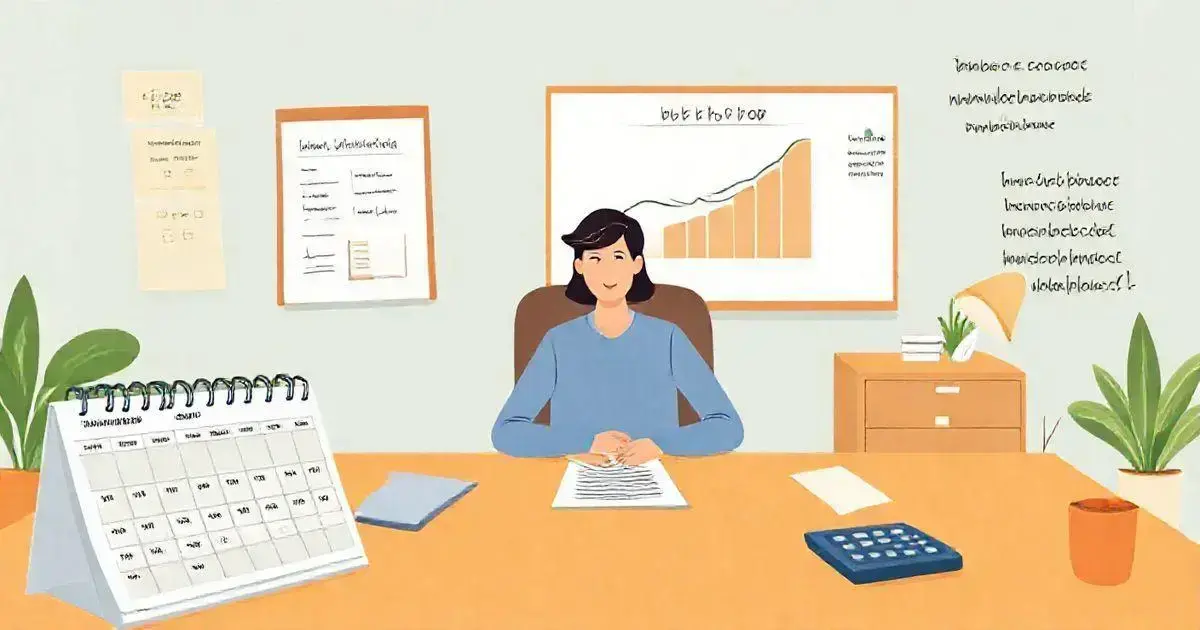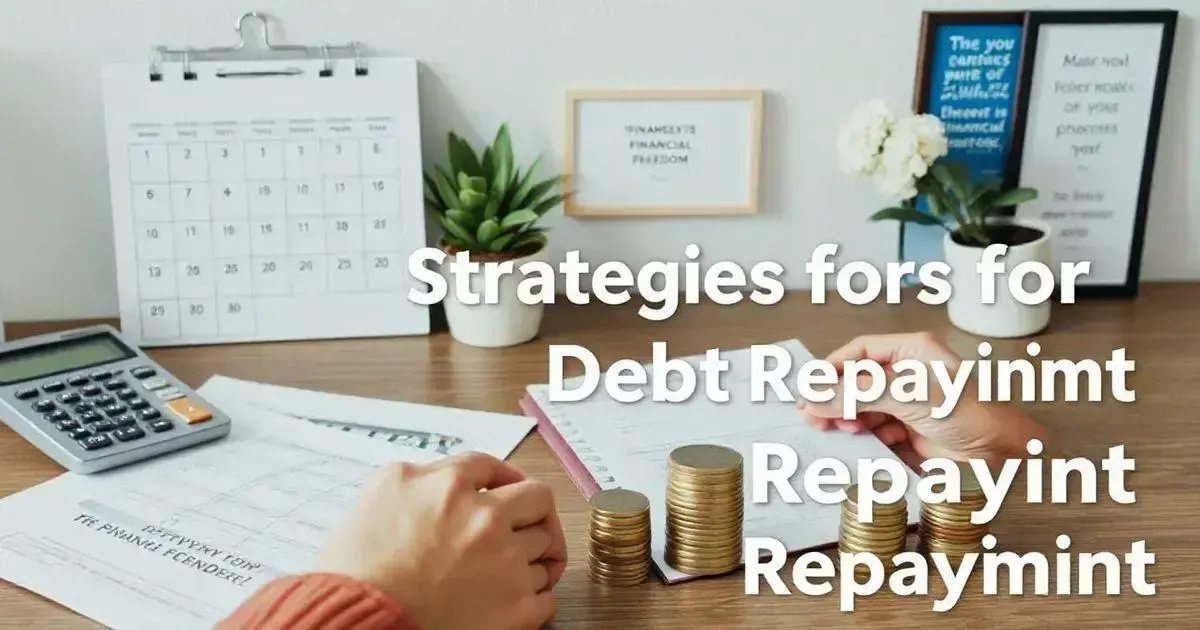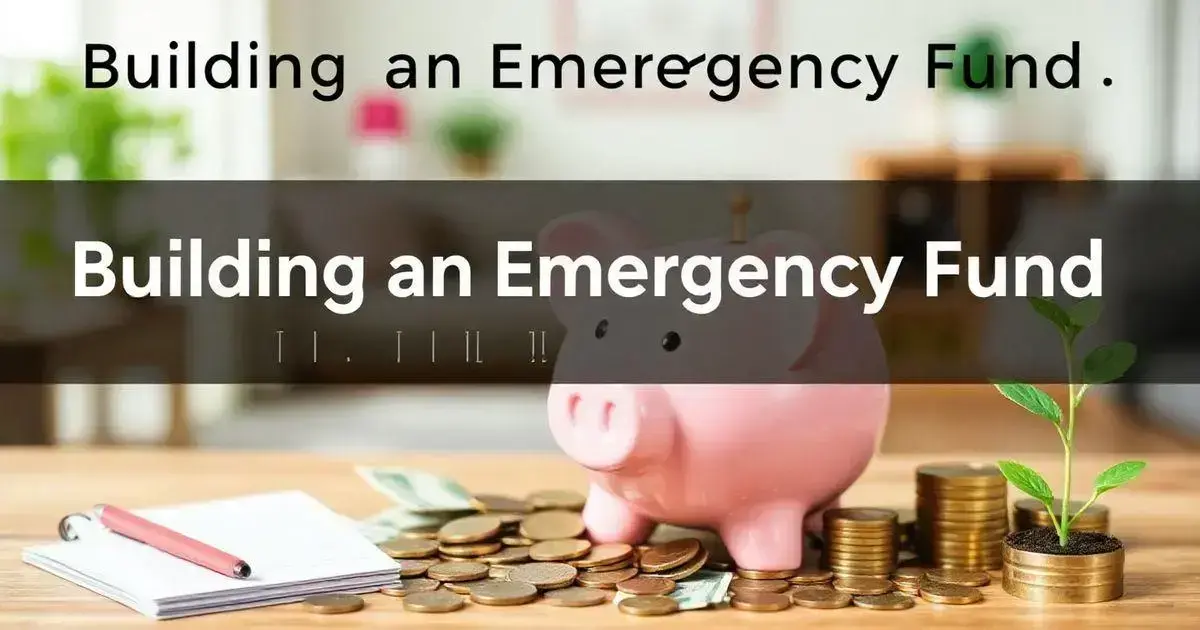Effectively managing debt is essential for securing financial stability and reducing stress. Knowing how to handle your financial obligations can help you regain control and achieve peace of mind.
In today’s economic climate, rising costs and unforeseen expenses often lead to increasing debt burdens. Learning to manage debt wisely is a powerful step towards overcoming these challenges.
Curious about practical strategies to manage debt and reclaim financial freedom? Continue reading to discover actionable tips and solutions tailored to your needs.f
Understanding Debt: Types and Implications
Understanding debt is essential for anyone looking to manage debt effectively. There are various types of debt, including secured debt, like mortgages and car loans, which are backed by collateral, and unsecured debt, such as credit cards and personal loans, which are not tied to specific assets. Recognizing these distinctions is a critical first step in making better financial choices.
It’s important to recognise the implications of accumulating debt. For instance, high-interest rates on credit cards can lead to a cycle of debt accumulation that becomes difficult to escape. Each type of debt has its own characteristics, impact on credit scores, and repayment terms, which can influence your efforts to manage debt responsibly and efficiently.
When assessing your financial health, consider how debt influences your ability to save and invest. Understanding the different categories of debt and their associated risks can empower you to make informed choices. This knowledge is key to taking control of your finances and learning how to successfully manage debt over time.
Setting Realistic Goals for Debt Management

Setting realistic goals to manage debt is a crucial step toward achieving financial stability. Begin by assessing all your debts, including credit cards, loans, and other obligations. List each debt with its interest rate and monthly payment to gain a clear understanding of your financial landscape. This clarity helps prioritize which debts to tackle first and forms the foundation for an effective strategy.
Short-term goals might include paying off a specific credit card within a few months, while long-term goals could focus on eliminating total debt over two or three years. Using the SMART criteria—Specific, Measurable, Achievable, Relevant, and Time-bound—can enhance your ability to manage debt.
For instance, set a clear target like, “I will pay off $500 of my credit card debt by the end of this month.” These precise goals maintain motivation and provide direction for your repayment plan.
Ensure your goals align with your monthly budget. Calculate realistic repayment amounts based on your income and expenses to prevent overcommitting. Regularly reviewing and adjusting your objectives allows you to stay on track and respond effectively to changes in your financial situation. This disciplined approach ensures you can manage debt effectively while working toward financial freedom.
Creating a Comprehensive Budget Plan
Creating a comprehensive budget plan is crucial for managing your finances and staying on top of your debts. Begin by assessing your total monthly income, including salaries, side jobs, and any other revenue sources.
Next, list all your expenses, categorizing them into fixed costs, such as rent and utilities, and variable costs, like groceries and entertainment. This breakdown will provide a clear picture of where your money is going and help identify areas where adjustments can be made.
Develop a budget template to track your spending effectively. This can be as simple as a spreadsheet or a user-friendly budgeting app. Ensure a portion of your income is consistently allocated to debt repayment, treating it as a non-negotiable expense in your budget.
Set spending limits for each category and monitor your expenses regularly to avoid exceeding your budget. Using percentages can make allocation easier—for instance, 50% of your income for necessities, 30% for discretionary spending, and 20% for savings and debt repayment.
Flexibility is key; adjust your budget as needed based on changes in your financial situation or unexpected costs. Regularly reviewing and updating your plan will help you better manage debt while working toward your financial goals. Consistency and attention to your budget empower you to make informed decisions and stay committed to achieving financial stability.
Effective Strategies for Debt Repayment

Effective strategies to manage debt can significantly accelerate your journey toward financial freedom. Start by organizing your debts from smallest to largest, using the debt snowball method. This approach focuses on paying off the smallest debt first, offering a quick win that boosts your motivation to tackle larger debts and helps you confidently manage debt.
Alternatively, the avalanche method targets debts with the highest interest rates first, reducing the total interest paid over time. No matter which strategy you choose, ensure you maintain minimum payments on all other debts to avoid penalties. Combining these methods with disciplined spending habits is essential for anyone aiming to manage debt effectively and sustainably.
Boosting your cash flow is another critical step. Take on side jobs, sell unused items, or request overtime at work to generate extra income. Direct these funds toward your repayment plan while cutting unnecessary expenses to avoid accumulating new debt. Regularly reviewing your progress ensures you stay on track, bringing you closer to achieving financial stability.
Utilizing Professional Help: When and How
Utilizing professional help can be an important step in managing your debt effectively. When you find yourself overwhelmed, experts can provide valuable guidance and support. There are various types of professionals available, including credit counsellors, financial advisors, and debt management companies.
A credit counsellor can help you understand your financial situation, evaluate your debts, and create a tailored plan to manage them. They often offer free consultations, which can be a great starting point. Look for a reputable agency that is certified and has good reviews from past clients.
Financial advisors focus on broader financial wellness and can assist in budgeting, planning for future expenses, and even investment strategies. They can offer advice on how to balance debt repayment with saving for future goals.
Debt management companies can negotiate with creditors on your behalf. They may help you develop a repayment plan that consolidates your debts into one monthly payment, often with lower interest rates. It’s critical to do thorough research before selecting a debt management company to avoid scams.
Seeking professional help should not be viewed as a failure. Instead, consider it a proactive step towards regaining your financial health. Remember, every situation is different; thus, evaluating your options carefully and choosing the right professional support is essential.
Building an Emergency Fund to Avoid Future Debt

Building an emergency fund is a crucial step to manage debt effectively and avoid financial pitfalls. An emergency fund serves as a financial safety net, helping you cover unexpected expenses without relying on credit cards or loans, which often come with high-interest rates and can exacerbate financial stress.
Start by setting a realistic goal for your fund, typically three to six months’ worth of living expenses. Open a separate savings account dedicated solely to this purpose. Automate your savings by transferring a fixed amount into this account each month. These steps not only help you build a strong emergency fund but also contribute to your ability to manage debt wisely by reducing dependency on borrowing during crises.
Consider setting financial milestones to stay motivated—start with $500, then gradually increase it as your financial situation improves. A robust emergency fund helps you avoid the cycle of debt caused by unforeseen expenses and ensures you’re better prepared to manage debt in a sustainable way. Treat this fund as a top priority in your financial planning.
Maintaining a Debt-Free Lifestyle: Tips and Tricks
Maintaining a debt-free lifestyle requires commitment and smart financial habits. Start by creating a clear budget that tracks your income and expenses. This helps you see where your money goes and where you can cut back. Aim to avoid unnecessary spending, especially on items that can lead to impulse purchases.
Another key tip is to live within your means. Always spend less than you earn and prioritise saving for future needs. Set aside a portion of your income for savings before allocating money for bills or entertainment.
When you do need to make purchases, consider using a cash-only system. This can help you stick to your budget and avoid accumulating debt through credit cards. If you must use credit, pay the balance in full each month to avoid interest charges.
Additionally, analyse your subscriptions and memberships. Cancel any that you no longer use or need. Redirect the money saved into your savings or emergency fund instead.
Finally, commit to ongoing financial education. Learning about personal finance can equip you with tools to make informed decisions, helping you maintain your debt-free status in the long run.
Frequently Asked Questions about Manage Debt
What is the first step in Manage Debt effectively?
The first step is to assess all your debts, including their interest rates and monthly payments, to understand your financial situation.
How can I create a budget to help Manage Debt?
Start by listing all sources of income and expenses, categorising them into fixed and variable costs, then allocate funds towards debt repayment.
What strategies are recommended for debt repayment?
You can use methods such as the debt snowball or avalanche strategies, focusing on either the smallest debts first or those with the highest interest rates.
When should I consider professional help for my debt?
If you feel overwhelmed or unable to manage your debt on your own, it’s a wise choice to seek the support of credit counsellors or financial advisors.
How much should I save for an emergency fund?
A common recommendation is to save between three to six months’ worth of living expenses to cover unexpected costs without falling back into debt.
What are some tips for maintaining a debt-free lifestyle?
Stick to a budget, live within your means, avoid unnecessary spending, and regularly review your financial situation to stay on track.
